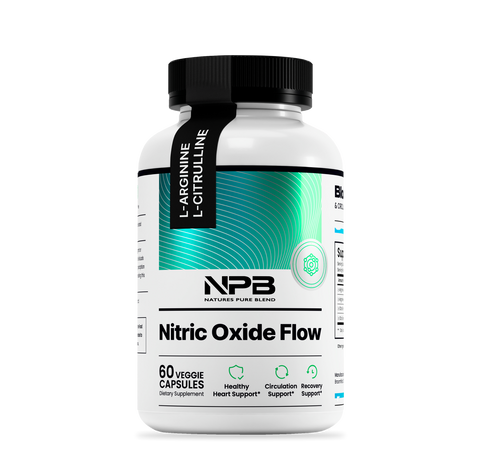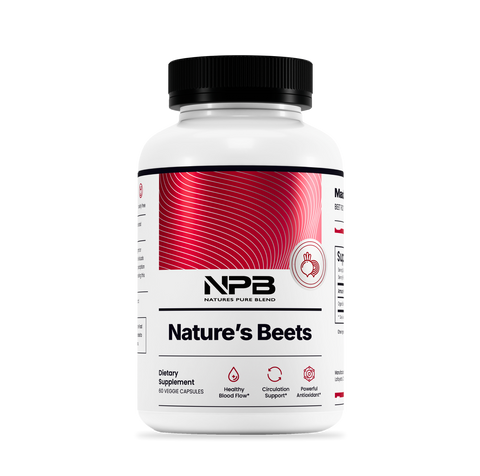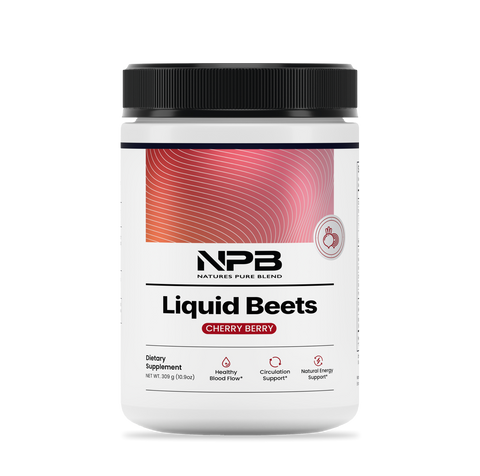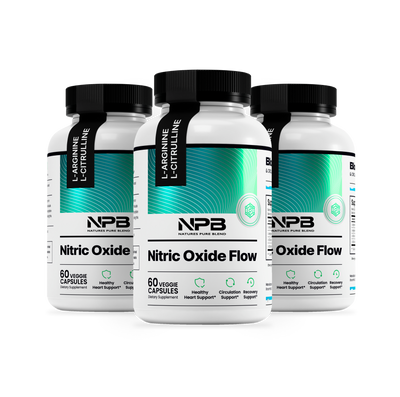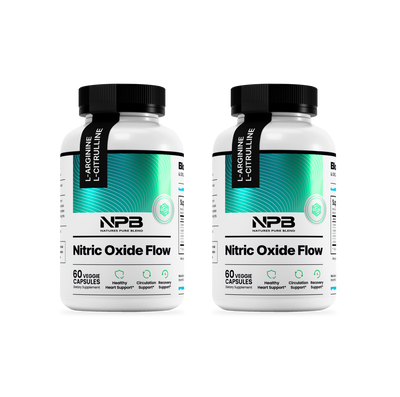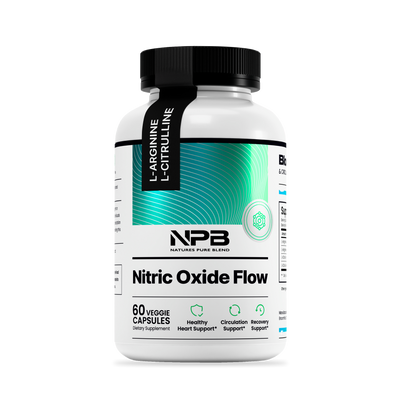When your body first launches inflammation, it’s meant to help heal and protect. But when it sticks around too long, it does the opposite. Instead of solving the problem, it begins to wear down vital systems—including your blood vessels. This ongoing “alarm” inside your body weakens circulation and disrupts the delicate balance that keeps your blood pressure steady. Researchers, including cardiologists at Duke Health, point out that reducing inflammation may play a role in supporting healthier blood pressure control. Understanding how inflammation interacts with your vascular system is key. Below are seven powerful ways it can alter vessel health and pressure.
1. Thickens the Vessel Walls
Chronic inflammation triggers the buildup of immune cells and proteins along your arteries. Over time, this thickens vessel walls, making them less flexible. Stiff arteries mean your heart must pump harder, raising blood pressure. [1]
2. Narrows Blood Flow Pathways
Inflammation encourages plaque deposits—made of fat, cholesterol, and cellular debris—to stick to vessel linings. These deposits shrink the passageways, restricting flow and forcing pressure higher. [2]
3. Weakens the Endothelial Lining
Your endothelium is the thin inner layer that regulates dilation and constriction. Inflammatory molecules damage this lining, lowering nitric oxide availability, which normally relaxes vessels. The result? Constricted arteries and elevated pressure. [3]
4. Promotes Oxidative Stress
Inflammation goes hand in hand with oxidative stress. Together, they damage vessel tissues, reduce elasticity, and speed up vascular aging—all of which interfere with stable blood pressure. [4]
5. Increases Blood Clot Risk
Inflammatory signals activate platelets, making blood more “sticky.” This raises the likelihood of clots, which further strain circulation and can dangerously spike pressure. [5]
6. Disrupts Smooth Muscle Function
Blood vessels rely on smooth muscle cells to expand and contract. Inflammation interferes with their normal signaling, leading to irregular constriction that drives pressure instability. [6]
7. Keeps the Body in a “High Alert” State
With inflammation always active, your body remains in a stress-like mode. This constant state of tension adds extra strain on your heart and circulatory system, raising both vascular wear and blood pressure over time. [7]
Conclusion
While inflammation is your body’s natural defense, leaving it unchecked creates silent strain on your arteries and blood pressure. By understanding these seven pathways, you can better recognize why managing inflammation isn’t just about feeling less sore—it’s about protecting your vascular health for the long term.
